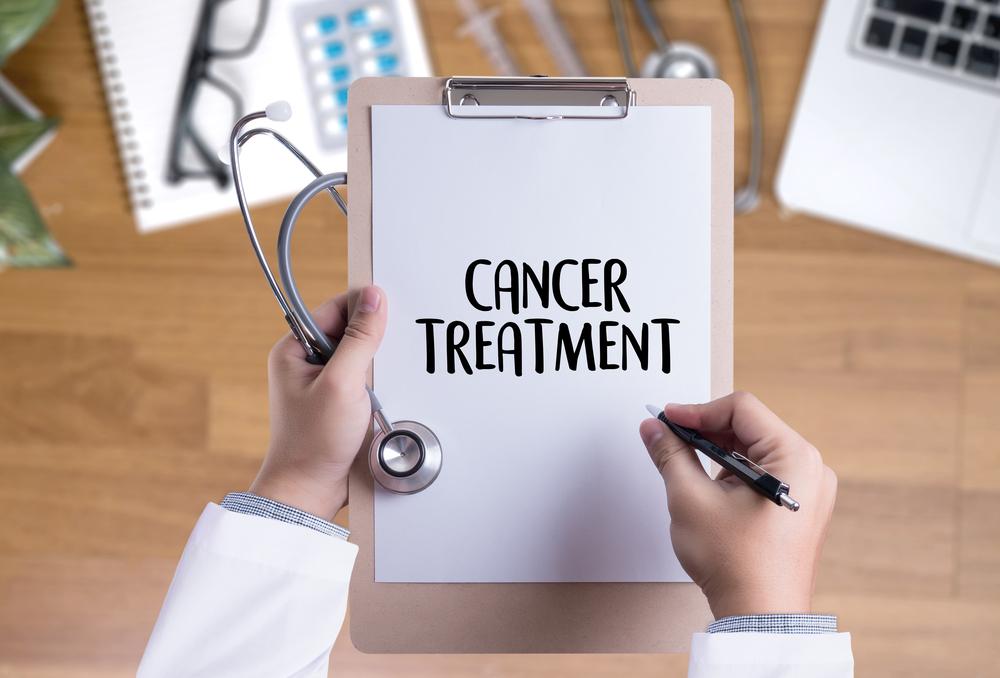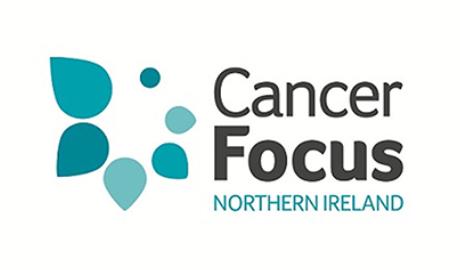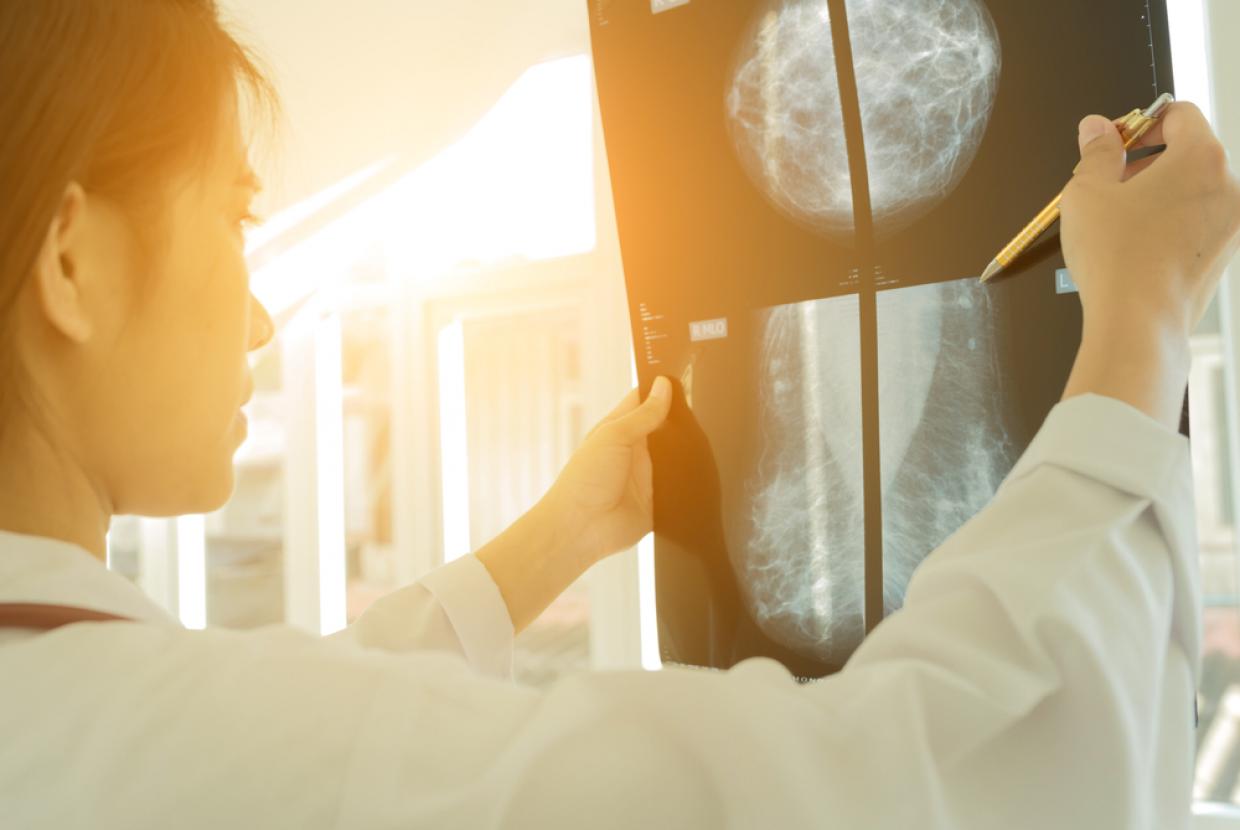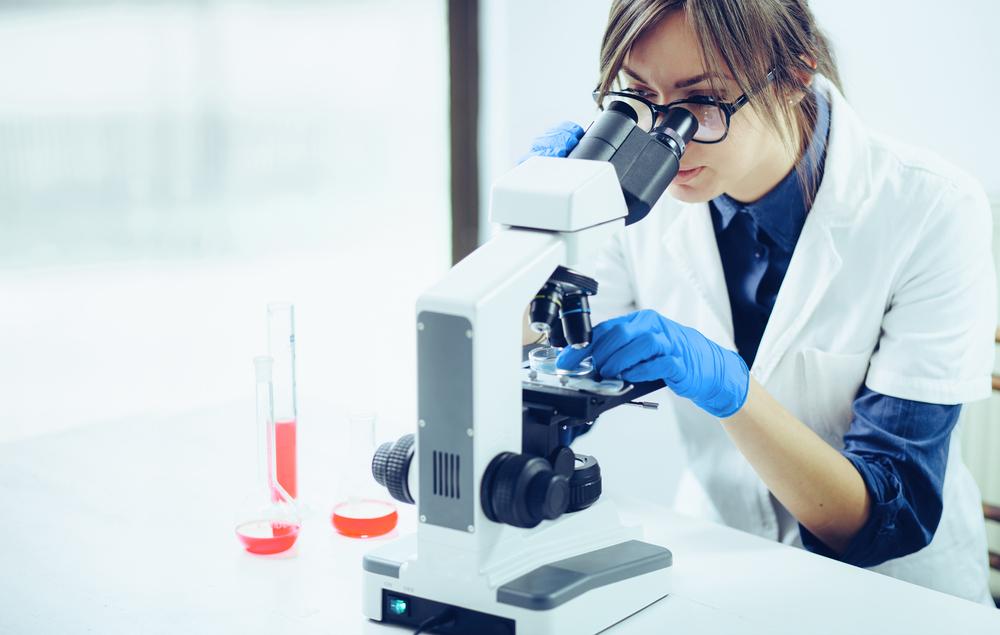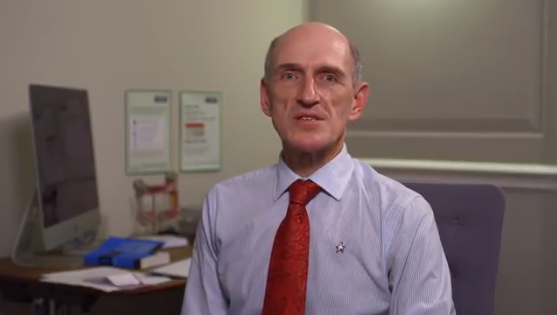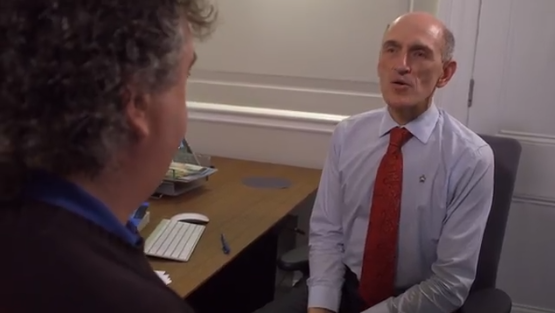Cancer Treatment
Various treatment options are available for patients diagnosed with cancer. Depending on the type of cancer, the stage of the cancer when the patient is diagnosed, and the patient’s overall health, some treatment options may be more effective, than others.
There are three main types of treatment – radiotherapy, chemotherapy and surgery. Understanding the difference between radiotherapy and chemotherapy can help you be more prepared for visits with your doctor.
Radiotherapy
Radiotherapy is the use of exact, carefully measured doses of radiation to destroy cancer cells in the body. It is always prescribed by a Consultant Clinical Oncologist and is given to patients by Therapeutic Radiographers.
There are two ways of giving radiotherapy – externally and internally.
- External radiotherapy (external beam radiotherapy) is given from outside the body usually using high-energy x-rays
- Internal radiotherapy (brachytherapy) is delivered by a solid radioactive material placed within the body close to the tumour, or by a liquid source of radioactive material injected into a vein or taken as a liquid or capsule by mouth
The type of radiotherapy received will depend on the type of cancer and where it is in the body. Some cancers are treated with both external and internal radiotherapy.
What does radiotherapy treatment involve?
Treatment planning for each individual:
- The area to be treated is marked out before treatment begins – these are the essential guiding marks for precise radiation to the area of the cancer in the body
- It doesn’t hurt – there is no sensation of heat or pain during a treatment
- It’s safe – given in controlled, carefully measured doses
- The patient is not radioactive so is safe to mix with other people
- Specific treatments, for example to the thyroid, will require a short in-patient stay in a lead lined room with restricted visiting
- The number of treatments will vary for each person – generally 1 to 37 treatments
- Doses of treatment are given daily (Monday to Friday)
Radiotherapy is always carefully planned so that it avoids as much healthy tissue as possible. However, there will always be some healthy tissue that’s affected by the treatment and this will cause side effects.
Radiotherapy side effects
Side effects vary from person to person and usually depend on the part of the body being treated. General side effects include:
- Fatigue as treatments progress
- Skin reactions – redness and tenderness like sunburn. This will fade when treatment ends but skin may look slightly darker afterwards
- Patients can go on feeling tired for weeks after the radiotherapy treatment has finished
The radiographer will provide regular information and will always check for adverse reactions on a daily basis and advise on treatment.
Chemotherapy
Chemotherapy is a type of treatment for cancer where medicine is used to kill cancer cells. The chemotherapy drugs are carried in the blood so they reach cancer cells anywhere in the body. It kills cells by damaging them so that they cannot reproduce and continue to spread.
Some patients and partners worry that the harmful effects of chemotherapy can be passed on to other people especially to children and pregnant women. However, there is NO RISK associated with coming into close contact with someone who is having chemotherapy.
Why is chemotherapy used?
- If a cancer has spread or there is a risk that it will in the future
- To try to cure the cancer completely – known as curative chemotherapy
- To help make other treatments more effective eg combined with radiotherapy and/or surgery
- To reduce the risk of a cancer returning after surgery or radiotherapy
- To relieve symptoms or slow down the spread of the cancer. This is called palliative chemotherapy
How is it used?
The drugs can be given singly or in a combination with other cancer drug treatments. There are many different types of chemotherapy drugs that damage cancer cells in different ways and each drug will be chosen for its different effects.
Most chemotherapy treatments are delivered by a specialist nurse in a hospital (usually oncology outpatient clinics but some can be given at home if they are known to be less harmful/toxic). They can be given in various ways including tablets and injections directly into the vein.
Side effects
Some people only have minimal side effects. Others find it unpleasant and upsetting. Living with and adapting to the side effects of chemotherapy can be challenging. It is important to remember that most, if not all side effects will disappear once the treatment is complete, although a small number of people will report a continued loss of sensation and/or ‘pins & needles’ in the hands and feet. This is described in medical terms as peripheral neuropathy.
Chemotherapy medications can’t differentiate between fast-growing cancer cells and other types of fast-growing cells such as blood cells, skin cells and the cells inside the stomach. This means that most chemotherapy medication will have a damaging effect on the body’s cells causing side effects such as:
- Feeling tired and weak all the time
- Feeling and being sick
- Experiencing hair loss
- Having lowered immunity / developing an infection
If a patient having chemotherapy starts to feel more unwell than usual and starts to feel feverish, it is vital that they contact their emergency helpline at their cancer centre. Their health is likely to deteriorate at a much faster rate and a simple infection may be enough to cause their death at this vulnerable time.
Targeted therapies
In the past, any type of medication used in treating cancer was described as chemotherapy. Over the last 20 years, new types of medication that work in a different way to chemotherapy have come into use. They are known as targeted therapies.
Targeted therapies are designed to disrupt one or more of the biological processes that cancer cells use to grow and reproduce, whereas chemotherapy drugs are designed to poison and destroy these cells.
If you have any concerns about cancer you can talk to one of our specialist nurses on the Cancer Focus NI free information and support NurseLine on 0800 783 3339 (Monday–Friday, 9am–1pm). You can also email us on nurseline@cancerfocusni.org.
P: 028 9066 3281


